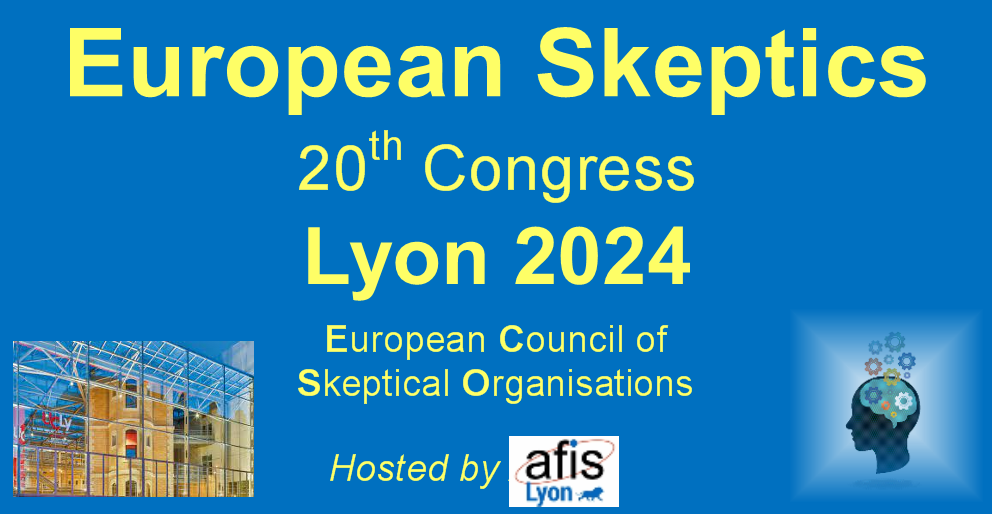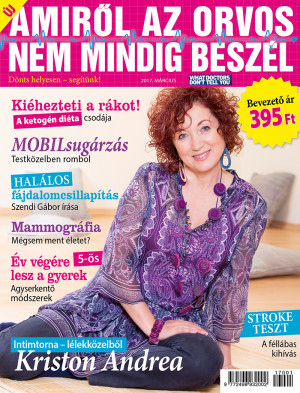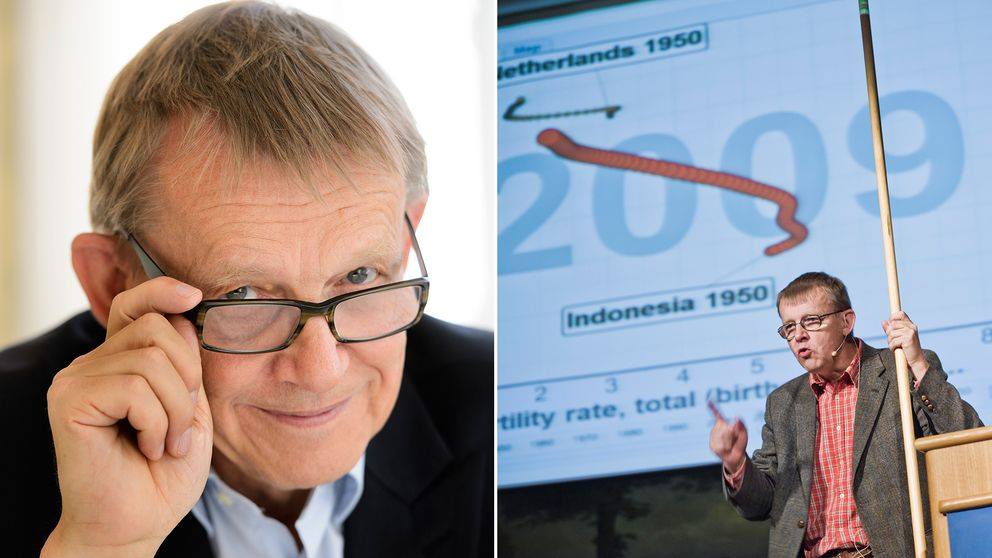 News headlines from Europe about skeptical activism, mythbusting, science related policy decisions, consumer protection, frauds, health scams, alternative medicine, bad scientific practices, pseudoscience etc.
News headlines from Europe about skeptical activism, mythbusting, science related policy decisions, consumer protection, frauds, health scams, alternative medicine, bad scientific practices, pseudoscience etc.
The 20th European Skeptics Congress!
Hungarian version of quack magazine What Doctors Don’t Tell You is launched this month. The March issue costs cca. 1.3 EUR, for the next ones one should pay 2.3 EUR.

Magyar Nemzet Online ran a critical article last Thursday, where the author discussed the original newspaper as well.
On wednesday 1.3.2017, the legendary mythbuster, skeptic, atheist, Chairman and CEO of the Rationalist International, Mr. Sanal Edamaruku, lectures to Skepsis Finland about “Lure of the Oriental Magic”. Mr. Edamaruku will speak to Finnish Skeptics about yoga, meditation, pranic healing, reiki, feng shui, astrology, etc.
The event is free of charge and open to everyone interested. On behalf of the Finnish Skeptics, welcome!
Polish Minister of Health officially denied that smog poses a risk to health despite solid evidence saying otherwise. Konstanty Radziwill claimed that protecting members of public from air pollution is not a health priority and can virtually be ignored, as there are more pressing health issues.
Meanwhile, it is estimated that over 45,000 Poles die from air pollution each year – second highest number (per 1000 citizens) in Europe (after Bulgaria)
Nick Gibbs MP, one of UK’s Education Ministers, spoke on ‘the importance of an evidence-informed profession’ on February 16th at the University of Buckingham.
“Debunking the neuro-myths that surround teaching is an important endeavour as, unchecked, they can pervade classrooms throughout the country, damaging educational achievement. A decade ago, the neuro-myth of Brain Gym was prevalent in England’s schools. In schools afflicted by Brain Gym, pupils were instructed to activate their brains by rubbing so-called ‘brain buttons’, located in different areas of the body. By having pupils rub their clavicle, various regions of the brain would light up – so went the theory. In the oddest cases, pupils were instructed to slowly sip water in the hope that water would be absorbed into the brain via the roof of the mouth, thus hydrating the brain!”
In just a few days Wroclaw (Poland) will host annual festival of science and reason co-organised by Polish Society of Rationalists with University of Wroclaw. Polish Skeptics Club will be represented as well during Darwin Days 2017.
Polish Skeptics Club (Klub Sceptyków Polskich, KSP) will be represented by Dr Tomasz Witkowski who will give a lecture titled Evolution of gods in our minds. Tomasz will try to answer a series of intriguing questions, such as: what does computer virus and God have in common? How Punch (a puppet) became a god? What can children teach adults about evolution of gods? Was Dr Pangloss right? Is Santa any different to God? Are we born as creationists?
Second KSP lecturer – Dr Łukasz Budzicz – will present a lecture entitled “Evolutionists guide to culture”.
Among other guests we will also hear from Dr Bartosz Borczyk, Kasper Hlebowicz, Sidey
Source: Polish Skeptics Club
(article in polish)
The founder of a British autism charity is an anti-vaccine campaigner with strong links to the discredited former doctor Andrew Wakefield. Polly Tommey, who believes that the MMR vaccine caused her son’s autism, founded the US and UK branches of the Autism Trust and produced a highly controversial film (Vaxxed) directed by Mr Wakefield alleging a link between vaccines and the condition. Scientists and campaigners have expressed concern that Ms Tommey’s role in the charity was in conflict with her views about vaccines. Jon Spiers, chief executive of the charity Autistica, called the film highly irresponsible. (From the Times, 1.2.17)
Swedish professor Hans Rosling has died on 7 February 2017, a year after being diagnosed with pancreatic cancer. He was 68 years old.

Professor Rosling made a name for himself internationally as an outspoken promotor of a factual approach to looking at the state of the world. Celebrated by the Swedish and international public for his dedication to demonstrate how the public world view is often inaccurate, Prof. Rosling was highly regarded by the skeptical movement, among other things giving a superb talk at the European Skeptics Congress 2013 in Stockholm, as well as several TED talks.
Prof. Hans Rosling received the award “Enlightener of the Year” 2006 by the Swedish Skeptics Association (VoF).
Over the last couple of years he continued to work relentlessly to show the true facts about the immigration crises in Europe among other things, and during the Ebola epidemic 2015 he personally flew down to Liberia and spent several months there helping out as a volonteer, while constantly keeping the public at large informed of the extent of the disaster. Often controversial in his approach, he resented the focus on him as a person while insisting that the facts are what is important.
The Committee Against Pseudoscience and Falsification of Scientific Research under the Presidium of the Russian Academy of Sciences has prepared a memorandum “About pseudoscientific status of the homeopathy.” The document says: “The treatment of ultra-low doses of homeopathic remedies does not have scientific basis”. The Committee offered to withdraw all homeopathic medicines from public clinics, prevent misleading advertising for them and do not offer customers homeopathy alongside traditional medicines. The Federal Antimonopoly Service (FAS Russia) supported this memorandum. The Ministry of Health promised to respond to the arguments of the memorandum after it goes into the possession of the Office.
A screening of the anti-vaccination film Vaxxed directed by the disgraced doctor Andrew Wakefield who sparked the MMR-autism scare has been pulled from a London cinema following an outcry from scientists.
El País, one of Spain’s biggest national dailies, recently published this article discussing the crisis of reproducibility and quality of papers and research in medicine and science in general.
The article came as a response to the publication of a manifesto for reproducible science by a group of investigators from the USA, UK and the Netherlands led by John Loanndis from the University of Stanford.
 News headlines from Europe about skeptical activism, mythbusting, science related policy decisions, consumer protection, frauds, health scams, alternative medicine, bad scientific practices, pseudoscience etc.
News headlines from Europe about skeptical activism, mythbusting, science related policy decisions, consumer protection, frauds, health scams, alternative medicine, bad scientific practices, pseudoscience etc.



